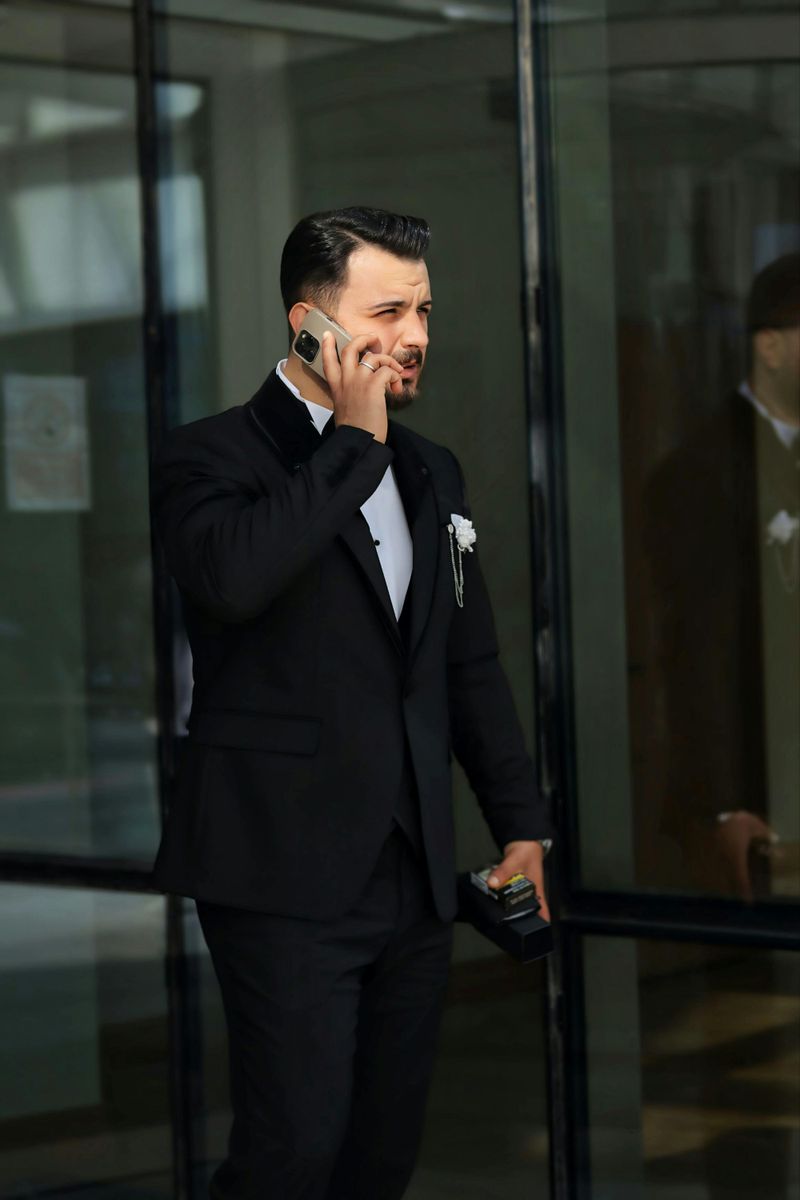13 Reasons Men Say Feminism Ruined Dating

In today’s evolving landscape, some men argue that feminism has disrupted traditional dating norms, leading to confusion and frustration. This perspective highlights a range of concerns, from shifting power dynamics to the reinterpretation of classic gestures. These changes, while aimed at promoting equality, have left many men struggling to adapt.
As gender roles are redefined, the uncertainty can create tension, especially for those accustomed to clearer expectations. This article explores 13 reasons why some men feel that feminism has negatively impacted dating, shedding light on the complexities of modern relationships and the ongoing negotiation of roles and expectations.
1. Gender Roles Got “Too Confusing”

For many men, the traditional script of dating has become unclear, leaving them uncertain about actions like opening doors or paying for meals. While these gestures were once seen as chivalrous, today they can be perceived in various ways. This ambiguity stems from a broader societal shift toward gender equality, where old norms are constantly being reevaluated.
Men accustomed to more clear-cut roles often find themselves unsure of whether their actions will be appreciated or criticized. This lack of clarity can be frustrating, as they navigate a landscape where expectations are no longer as straightforward.
2. Chivalry Feels “Punished”

Some men express uncertainty about showing traditional forms of respect, such as chivalry, in the age of feminism. They fear being perceived as patronizing, creating a dilemma when attempting to be polite.
The intention behind these gestures is often misunderstood, leading to a sense of frustration. Instead of being appreciated, acts like pulling out a chair or offering a coat can feel fraught with potential for misinterpretation. This leaves men questioning how to demonstrate respect without crossing boundaries or being labeled as outdated.
3. They Feel Rejected as Providers

In an era where feminism encourages women’s independence, some men feel their traditional role as providers is devalued. This shift challenges their sense of identity, as many were raised to measure their worth by their ability to support a partner financially. The growing emphasis on equality means relationships are less defined by financial dependency.
Men who are used to being needed as providers may experience feelings of redundancy and struggle to redefine their role within a partnership. This can lead to insecurity and a need to reevaluate their contributions beyond financial support.
4. Power Dynamics Have Shifted

The equilibrium of power in relationships has evolved, leaving some men uncomfortable with the loss of traditional dominance. Feminism promotes equality, allowing women to take charge, which can feel disconcerting to those accustomed to leading. This shift might result in feelings of discomfort or resentment, as men adapt to shared decision-making processes.
The new dynamic encourages collaboration, challenging historical norms and requiring men to adjust their expectations. For those who find security in established roles, this change presents a challenge to their perception of control within relationships.
5. They Mistake Equality for Rejection

When women assert independence or set boundaries, some men misinterpret these actions as rejection rather than expressions of self-respect. This misunderstanding often arises from ingrained expectations about relationship dynamics, where women were traditionally seen as more passive.
The assertion of equality can be perceived as hostility or a lack of interest, rather than a healthy declaration of personal boundaries. This misinterpretation can lead to confusion and may require men to reassess their understanding of mutual respect and autonomy in relationships.
6. They Miss Clear Dating Rules

Feminism has dismantled many outdated dating norms, leaving some men yearning for more straightforward guidelines. Traditional rules such as who should initiate or pay have been revised, creating uncertainty. While these changes aim to foster equality, they can feel like a loss of structure to those familiar with the old way.
This adjustment demands a new approach, where roles and expectations are negotiated rather than assumed. For men used to clear-cut rules, this flexibility requires a significant shift in mindset and adaptability to a more fluid dating environment.
7. They Feel “Villainized” by #MeToo Culture

The #MeToo movement has been transformative, but some men feel anxious about potential missteps being labeled as harassment. This perception makes dating appear risky, where a misunderstanding could lead to serious accusations.
The heightened awareness of consent and boundaries is crucial, yet it can generate fear among men who worry about inadvertently crossing a line. As society takes significant strides toward addressing misconduct, men are challenged to adapt quickly to these new standards, navigating dating with increased caution and awareness.
8. They Think Romance Has Become Transactional

With a shift toward equality and independence, some men perceive dating as losing its romance. Traditional gestures feel replaced by cautious negotiation, where every action is weighed for appropriateness. This perception suggests that spontaneity and romance are overshadowed by the need for careful consideration.
Men who cherish old-school charm find themselves adapting to a new form of interaction, where mutual respect is prioritized over grand gestures. This view highlights the tension between maintaining romance and ensuring actions align with contemporary expectations.
9. They Feel Social Pressure to Be “Woke”

Today’s cultural climate encourages men to be socially aware and informed, particularly around gender issues. However, not all men feel comfortable navigating these expectations. The pressure to be “woke” can be overwhelming, especially for those unfamiliar with the nuances of modern discourse. This demand for awareness extends into dating, where being informed is seen as attractive.
Yet, the challenge lies in balancing genuine understanding with the pressure to conform to societal expectations. This tension can create anxiety, as men strive to engage meaningfully while grappling with unfamiliar concepts.
10. They Resent Feminist Critiques of Masculinity

When feminism critiques toxic masculinity, some men perceive it as an attack on all expressions of masculinity. This misunderstanding can lead to resentment, as they feel their identity is under scrutiny. The intent is to encourage healthier expressions, yet the message is often misinterpreted.
Men who feel judged may become defensive, interpreting critiques as personal attacks rather than opportunities for growth. This defensive stance can hinder progress in embracing positive masculinity, ultimately affecting how men perceive their role in dating and relationships.
11. They Think Feminism Prioritizes Women’s Needs

Some men argue that feminism focuses on empowering women while neglecting men’s struggles in dating. Loneliness, emotional vulnerability, and fear of rejection are common challenges men face, yet they often feel overlooked in feminist discourse.
This perception leads to feelings of exclusion, as men seek acknowledgment of their unique experiences. The emphasis on women’s empowerment is crucial, but it can inadvertently leave men feeling unrecognized. As gender roles evolve, men desire a balanced conversation that includes their perspectives, fostering mutual understanding and support.
12. They Equate Feminism with Anti-Men Sentiment

Misinformation often leads some men to equate feminism with anti-men sentiments, creating a barrier to understanding. This perception stems from the belief that advocating for women’s rights means diminishing men’s roles. The reality is that feminism calls for equality, not superiority, but this nuance is sometimes lost.
Misinterpretation can fuel backlash, as men fear being marginalized or villainized. Addressing these misunderstandings is essential to fostering dialogue that emphasizes partnership and cooperation, rather than division and misunderstanding.
13. They’re Struggling to Redefine Their Role

Many men find themselves in a transitional phase, challenged to redefine their roles in relationships. The traditional image of the protector is shifting, leaving them uncertain about how to contribute meaningfully. This transition is daunting as men fear losing their identity while adapting to new expectations.
The journey toward becoming partners rather than protectors requires introspection and willingness to embrace change. As men navigate this evolution, they are tasked with discovering new ways to connect and support, aligned with contemporary values of equality and respect.

Comments
Loading…